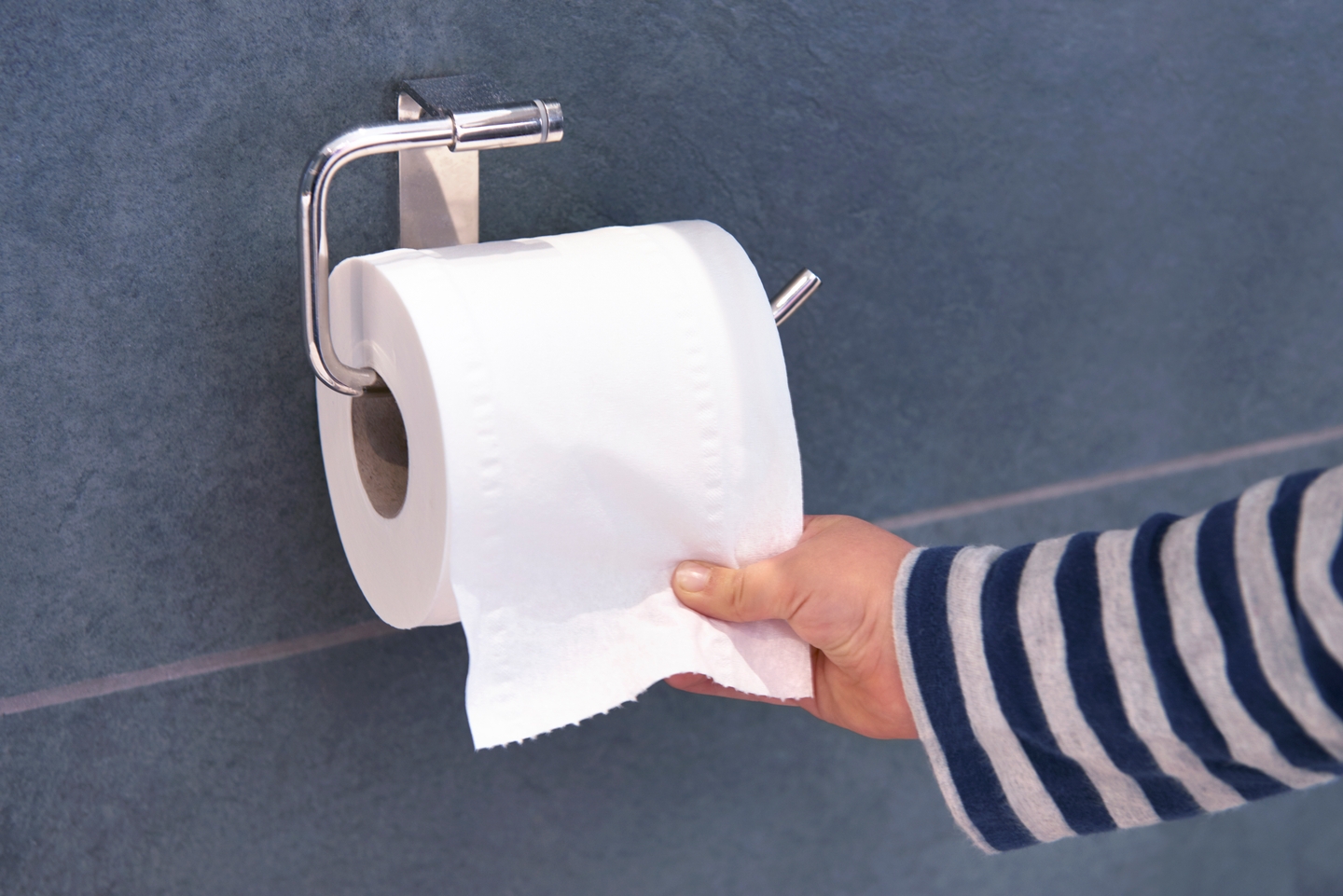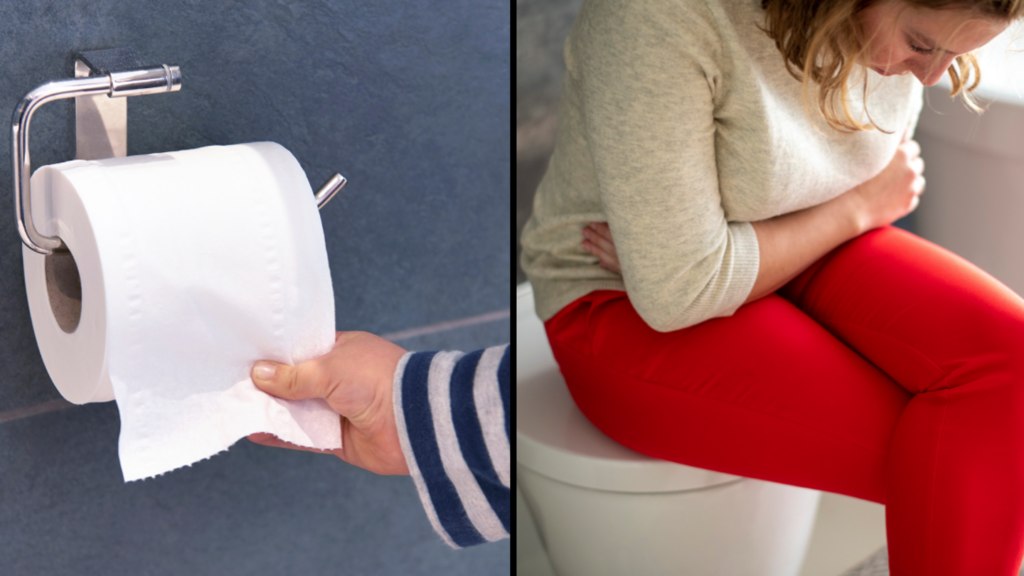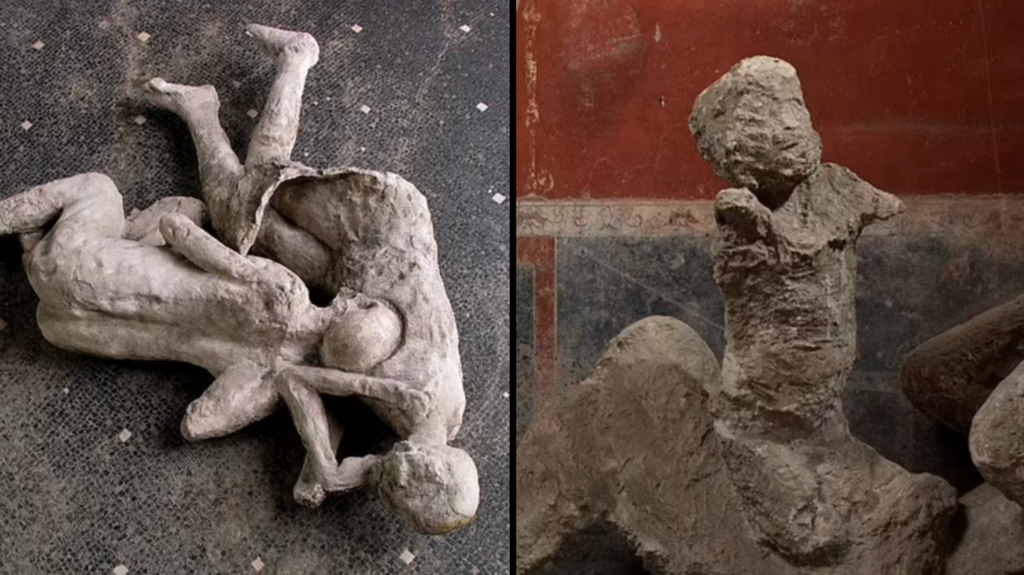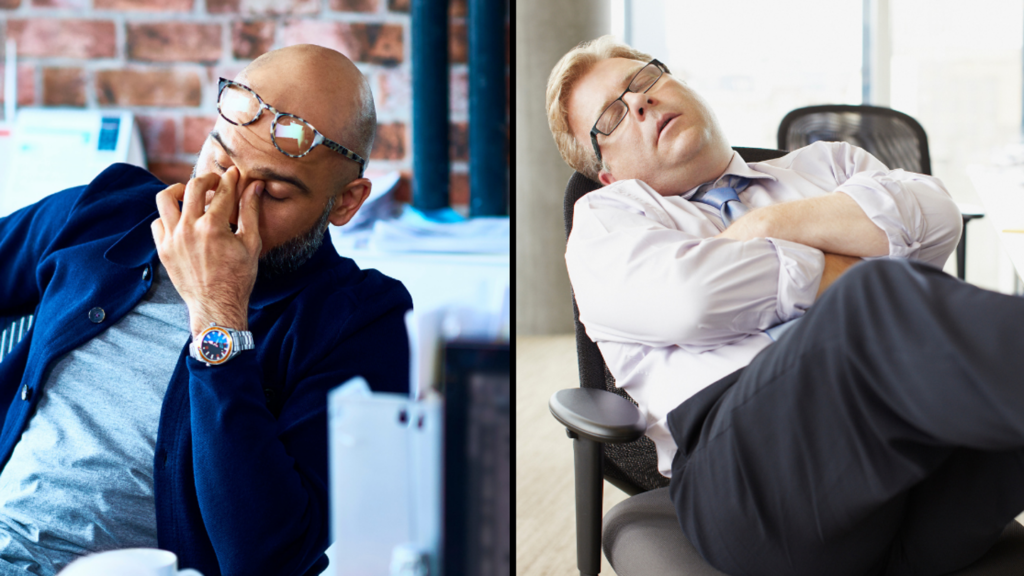As a society, it’s almost like there’s an unwritten rule that we just don’t talk openly about our bathroom habits. But, for the sake of your health, it’s actually a topic worth paying attention to—especially if you notice something unusual.
Today, we’re focusing on what it means if you find your poo has taken on a green hue.
Believe it or not, this is a question that many people are curious about. Every day, thousands of people turn to Google asking, ‘why is my poop green?’
In many cases, there’s likely nothing to worry about. But in some situations, green poop could indicate something more serious that might need to be looked at by a healthcare professional.

Why Is My Poop Green?
Most of the time, green stool is simply due to changes in your diet, especially when you’re eating different types of food on a regular basis.
For many people, the reason for this color change is linked to their diet, particularly if they’ve been consuming more green foods.
Foods like broccoli, kale, spinach, peas, asparagus, and similar veggies are all possible culprits.
These dark green foods contain chlorophyll—the chemical in plants that allows them to absorb energy from sunlight, which you might remember from biology class.
It’s Not Just Green Foods
Other colorful foods can also make your stool take on a green shade.
So, if you’ve recently had foods that are blue or purple, don’t be alarmed if this color shows up.
Items like blueberries, certain smoothies, fizzy drinks, food dyes in icing, or even ice pops could lead to this unexpected color change.

Being Ill and Medication
The UK-based charity Guts UK explains that certain antibiotics can sometimes result in green stool.
And when it comes to illnesses, having a gastrointestinal (GI) issue can also cause this color change. If you have a GI infection, you’ll likely find yourself needing to visit the toilet more frequently.
Conditions like Crohn’s disease, which inflames the digestive tract, can be a cause. Symptoms include diarrhea, stomach pain, and even blood in the stool.
Similarly, those with celiac disease, a form of gluten intolerance, may experience green stool as a part of their symptoms.

More Serious Illness
Green stool can sometimes be linked to infections from bacteria such as salmonella or norovirus, or even from a parasite called giardia.
These infections can speed up your digestion, which is often where the green color comes in.
In other cases, a greenish stool could hint at undiagnosed liver or gallbladder issues.
Guts UK explains: “Green poo can also be caused by a condition called bile acid diarrhoea, where bile stays in the stools without being reabsorbed, and hence discolours the poo.”
“This can occur if you have liver or gall bladder disease, or if you have had bowel surgery or disorders of the small intestine.”
According to Howard E. LeWine, Chief Medical Editor at Harvard Health Publishing: “Intermittent green stool in someone who otherwise feels fine is usually related to eating dark green vegetables, such as spinach and kale.”
“Another reason for green poop is the rapid passage of green bile from the small intestine when a person has diarrhoea.”
“Medications, including bismuth subsalicylate (Pepto-Bismol), iron supplements, and some antibiotics, may also result in greenish colored stool.”






